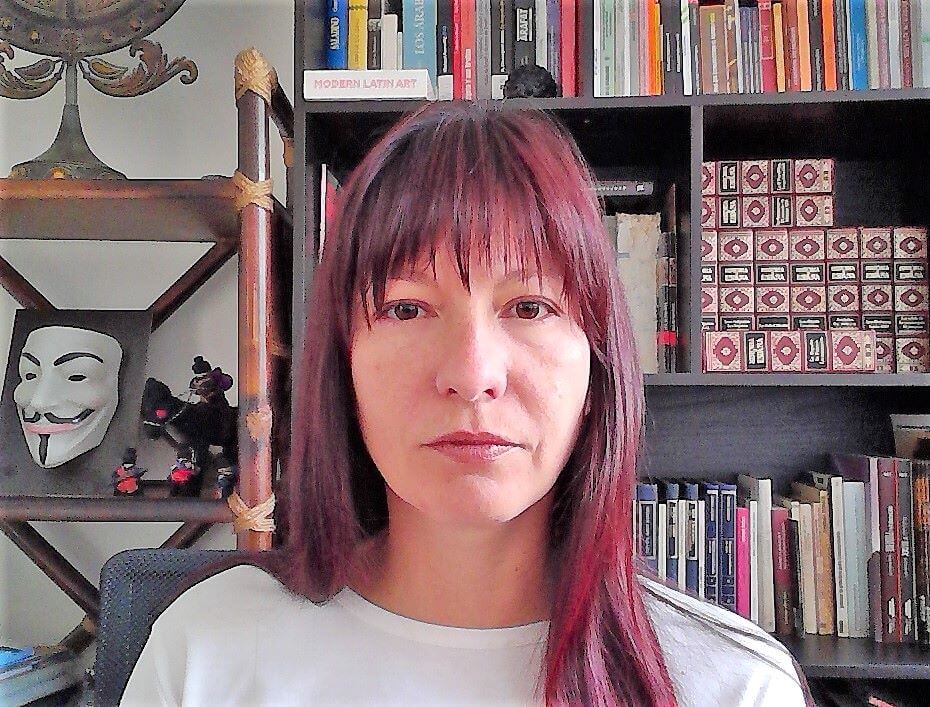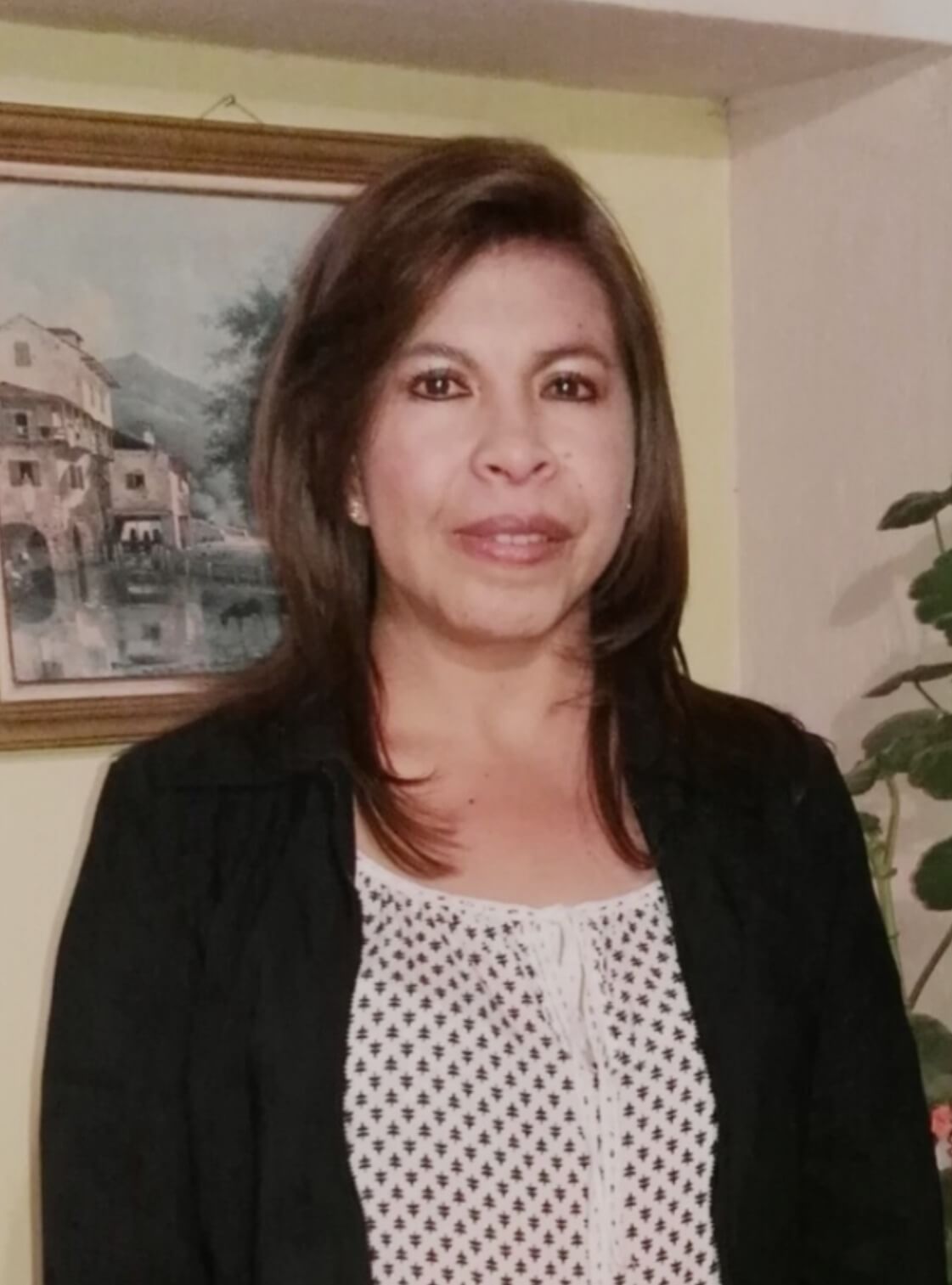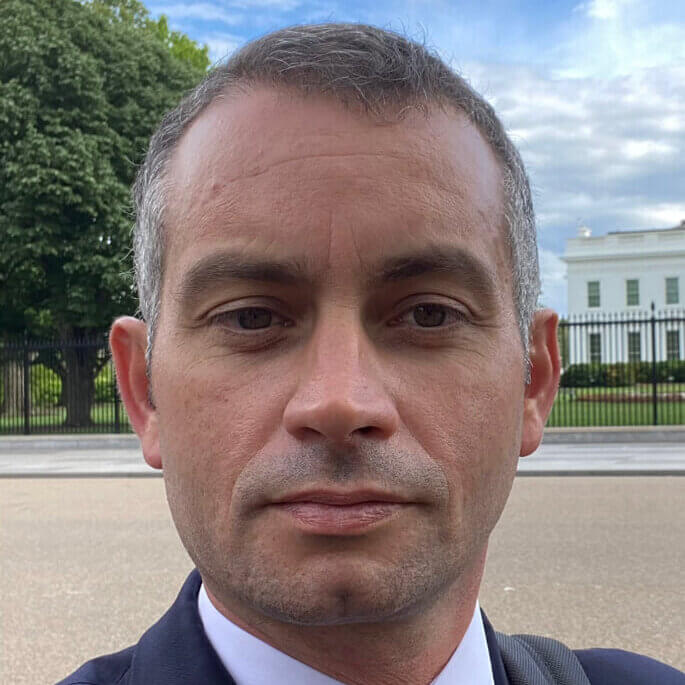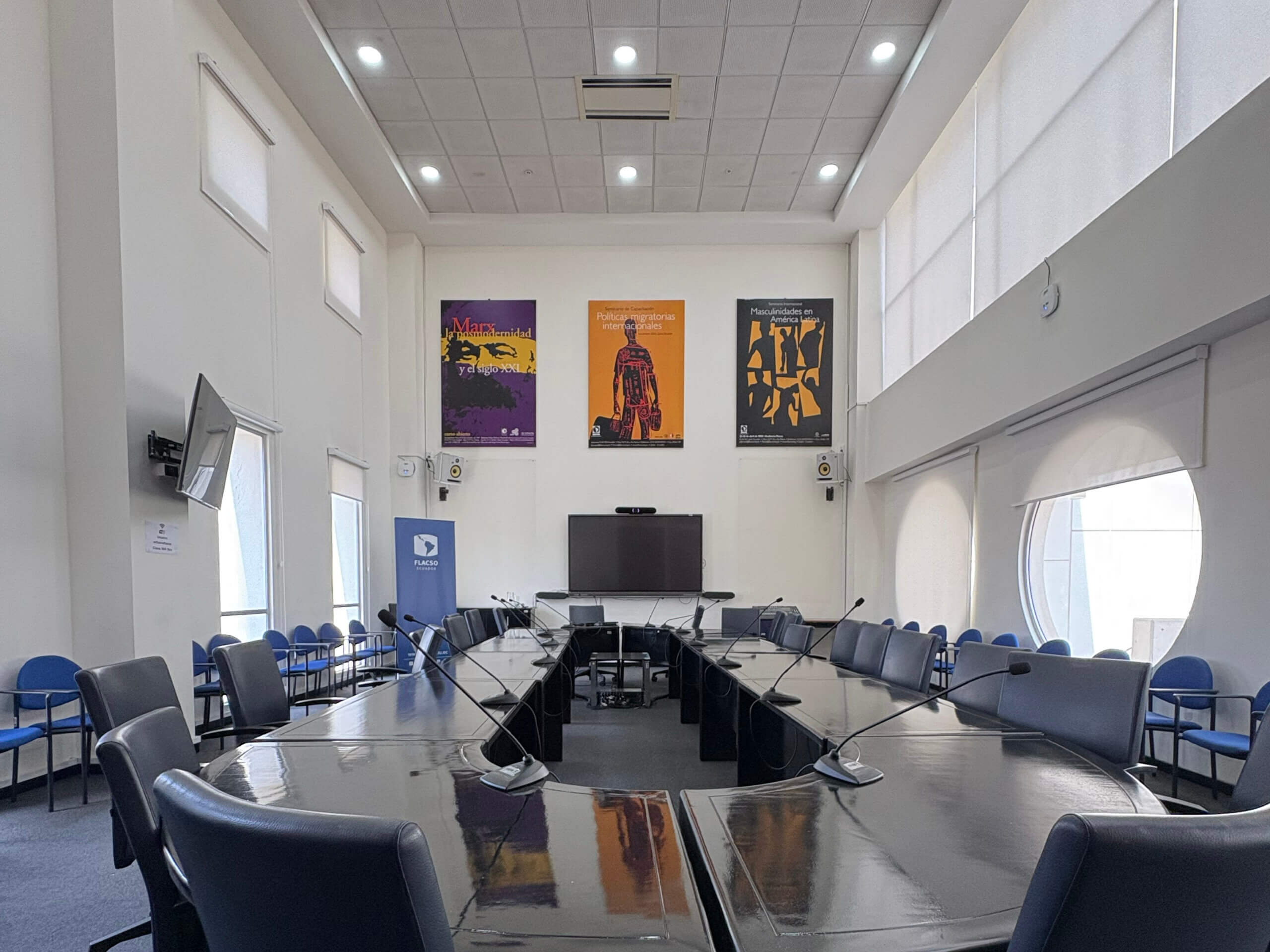Chinese Infrastructure Projects
The fourth panel of the China – Latin America International Forum: Perspectives and Debates examined the geopolitical, economic, and socio-environmental implications of infrastructure projects financed by China in the region. The presentations offered critical perspectives on Chinese investment models, the risks posed by weak institutional frameworks in Latin America and the Caribbean, and the tensions between global strategic interests and local needs.
Speakers included Maia Seeger, Marcos Gava, Carolina Viola, and Katherine Erazo, who addressed Chinese energy investments and ecological transition, post-pandemic expansion strategies, the relationship between democracy and infrastructure, and the opaque terms of Chinese debt agreements.
Maia Seeger, Executive Director of Sustentarse, presented the talk “Financing and Investments from China in South America within the Belt and Road Initiative”. She emphasized that the electricity sector is a strategic priority for China, particularly in Chile, where Chinese companies control more than half of the power distribution market. She called for stronger environmental and social due diligence, transparency, and community participation mechanisms in infrastructure projects.
Marcos Gava, journalist and co-founder of ReporteAsia, presented the talk “China’s Investment Trends in Latin America in the Post-Pandemic Era”. He analyzed how Chinese companies have consolidated their presence in key sectors like energy, mining, and logistics through public-private partnerships, and highlighted the relevance of Special Economic Zones as a model for Latin America.
Carolina Viola, researcher at the Pontifical Catholic University of Ecuador, presented the talk “Democracy and Chinese Investments: A Comparative Study of Three Hydropower Projects in Africa and Latin America”. She argued that weak institutions and a growing reliance on Chinese loans undermine regional sovereignty. Viola also challenged the notion that Chinese lending comes without conditions, highlighting forms of indirect influence and their impact on domestic development strategies.
Katherine Erazo, editor at investigative outlet Mil Hojas, presented the talk “The Secrets of Chinese Debt”. She analyzed Ecuador’s debt relationship with China during Rafael Correa’s administration, centered on oil pre-sale contracts and infrastructure deals. Erazo detailed how legal reforms enabled the flow of Chinese capital with little oversight, resulting in non-transparent debt management and limited tangible benefits for the country.
Panelists:

Marcos Gava. ReporteAsia
Country: Argentina
Presentation: Post-Pandemic Trends in Chinese Investment in Latin America

Carolina Viola. Pontifical Catholic University of Ecuador – Socio-Environmental Observatory of Chinese Investment in Latin America
Country: Ecuador
Presentation: Democracy and Chinese Investments: A Comparative Study of Three Hydroelectric Projects in Africa and Latin America

Katherin Erazo. Fundación Milhojas
Country: Ecuador
Presentation: The Secrets of Chinese Debt

Marcos Gava. ReporteAsia
Country: Argentina
Presentation: Post-Pandemic Trends in Chinese Investment in Latin America

